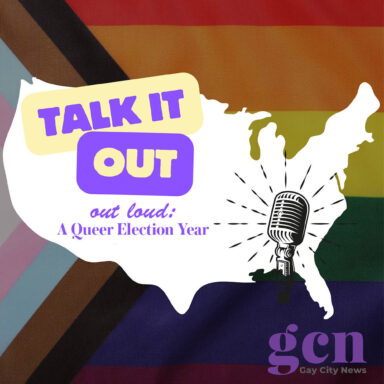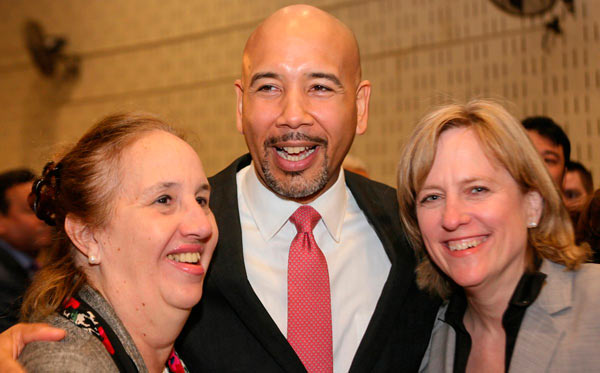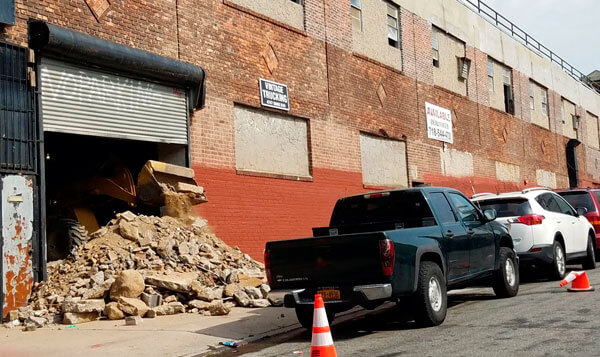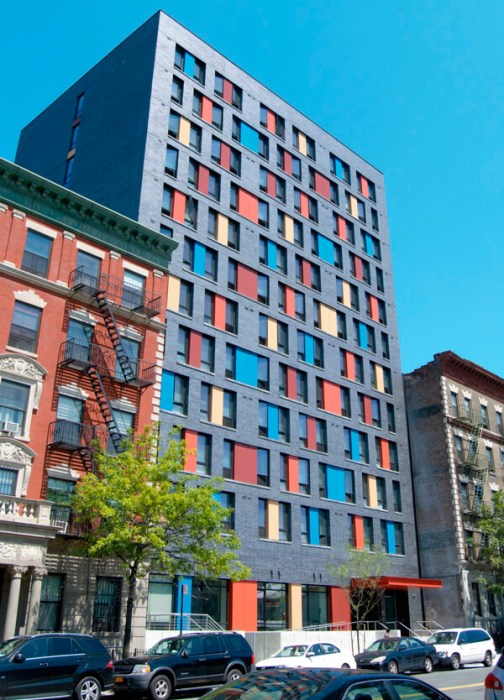On July 23, U.S. Rep. Ritchie Torres was joined by advocates for affordable housing and the homeless to announce the details of new federal legislation to combat homelessness and the rise in unaffordable rents across the country.
The legislation, Ending Homelessness Act of 2021, would expand eligibility to Section 8 vouchers, make more vouchers available to cities and make housing rental assistance available to all eligible Americans within a decade. Housing vouchers are an effective tool to ensure families can afford to live in their neighborhoods and combat the homelessness crisis.
Torres was also joined by the New York Housing Conference (NYHC) to unveil new data showing that more than 403,000 New York State households will benefit from the legislation by 2026; 590,000 by 2027; 745,000 by 2028; 1.1 million by 2029 and 1.3 million by 2030.
“There’s no policy that would do more to confront the root causes of the housing affordability crisis than expanding housing vouchers to all,” Torres said. “It represents the implementation of housing as a human right. If we expand housing supply without expanding housing subsidy, then we run the risk of creating the appearance rather than the reality of affordability. Housing vouchers for all would ensure that affordable housing is deeply and universally affordable.”
If enacted, the legislation would make federal rental assistance – also known as Section 8 Housing Choice Vouchers – an entitlement available to all eligible Americans by 2030 as part of a targeted rollout program. The initial four-year phase-in would prioritize deep poverty households and would be a significant down payment toward universal rental assistance.
It proposes to increase vouchers by 500,000 nationally in 2022 and by 1 million annually from 2023 to 2025 for households with income that is no higher than 15% of the area median income (AMI), 50% of the poverty guidelines, or an extremely low-income (ELI) household receiving Social Security income. The NYHC analysis found that 403,000 New York households would be helped in that time, with 57% of these households including a person with a disability and 34% are elderly (over age 65).
Rachel Fee, executive director of the New York Housing Conference, praised Torres for the legislation.
“This legislation presents a historic opportunity for Congress to finally address the crippling housing insecurity facing millions of New Yorkers, establish housing as a basic human right, and meaningfully address a worsening homelessness emergency,” Fee said. “Making Housing Choice Vouchers a universal entitlement available to any eligible household is among the most transformative actions Congress can take to create a real housing safety net and transform America for the better, and we encourage Congress to pass the Ending Homelessness Act without delay.”
The Ending Homelessness Act of 2021 provides a comprehensive plan to ensure that every person experiencing homelessness or housing insecurity in America has a safe and affordable place to live by:
- Transforming the Housing Choice Voucher program into a federal entitlement that would be phased in over eight years.
- Prohibiting housing discrimination based on an individual’s source of income.
- Providing $10.5 billion in mandatory relief funding over 5 years to several critical federal housing and homelessness programs and initiatives, including:
-
- $5 billion over five years to McKinney-Vento Homeless Assistance Grants, which is expected to provide 85,000 new permanent housing units.
- $5 billion dedicated to the national Housing Trust Fund, which in the first five years of funding is expected to create 25,000 new units affordable to extremely low-income households, with a priority for housing the homeless.
- $500 million over five years in outreach funding to ensure that homeless people are connected to the resources they need.
- $20 million for states and localities to integrate healthcare and housing initiatives, which provides technical assistance to help state and local governments coordinate their healthcare and housing initiatives that are funded by federal programs.
UPDATE: The numbers reflected in the NYHC analysis were updated from 433,330 to 403,000; and that 57% of households helped, instead of 55%, have a disability.

























